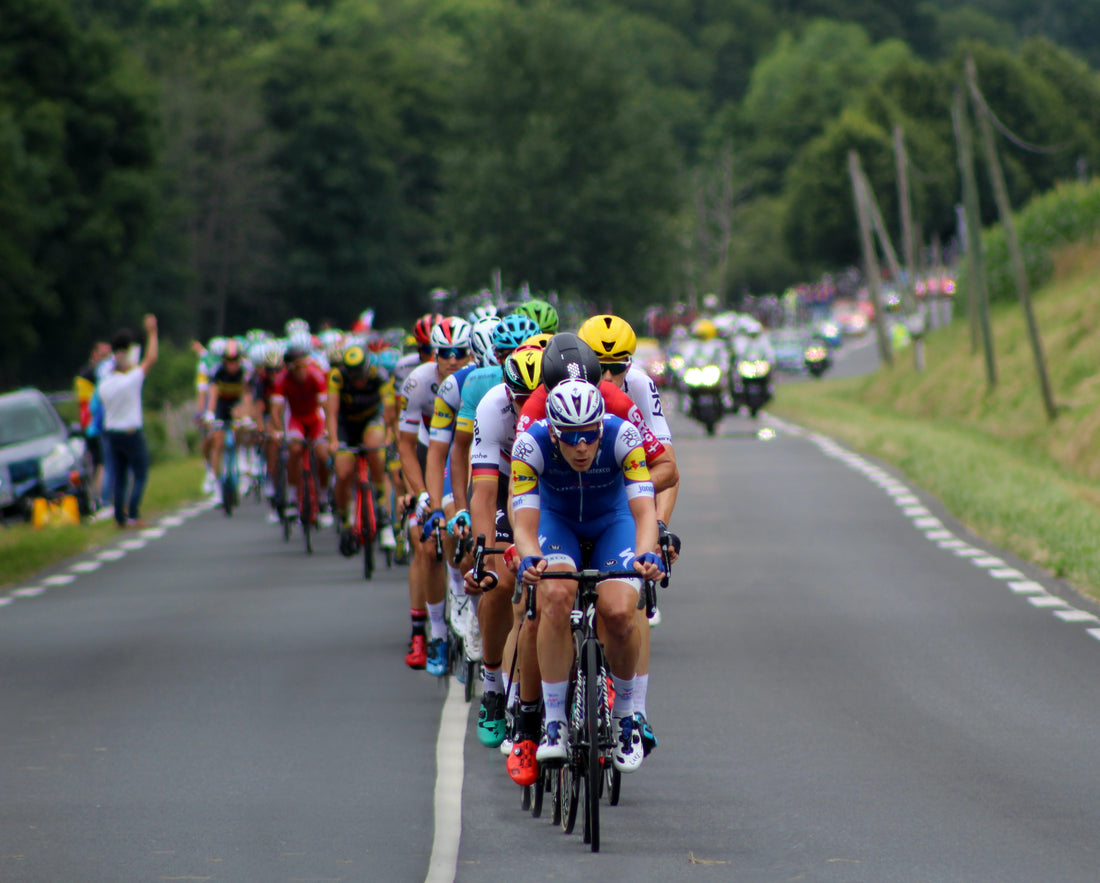Athletes at the highest levels of competition know that success is about more than just talent and training; it's about the meticulous science of performance nutrition. Properly fuelling the body can be the difference between winning and falling short in the world of sports. In this blog post, we'll explore the science behind winning and delve into performance nutrition strategies that can help athletes reach their full potential.
The Art and Science of Performance Nutrition
Performance nutrition is the precise and strategic management of an athlete's diet to optimize physical performance and overall health. It involves understanding the nutritional needs of different sports, the timing of meals, and the intricate interplay of nutrients. Here's why it's essential:
1. Fueling the Machine
Picture an athlete's body as a high-performance sports car. To operate at its best, it requires the right fuel. Performance nutrition provides athletes with the energy they need to excel in their chosen sport.
2. Enhancing Recovery
High-intensity training and competition can place immense stress on the body. Proper nutrition supports the recovery process, allowing athletes to bounce back quickly and reducing the risk of injury.
3. Optimizing Performance
Nutrients like carbohydrates, proteins, fats, vitamins, and minerals all have specific roles in athletic performance. Performance nutrition ensures that athletes receive the right balance to maximize their potential.
The Building Blocks of Performance Nutrition
Let's break down the fundamental components of performance nutrition:
1. Macronutrients
Carbohydrates: These serve as the body's primary energy source, especially during high-intensity activities. Athletes must balance carbohydrate intake to sustain energy levels throughout training and competition.
Proteins: Essential for muscle repair and growth. Athletes require slightly more protein than the average person to support their rigorous training regimens.
Fats: Healthy fats provide sustained energy and support various bodily functions. Omega-3 fatty acids, found in fish and flaxseeds, can reduce inflammation and aid in recovery.
2. Micronutrients
Vitamins and minerals play vital roles in overall health and performance. They participate in metabolic processes, support the immune system, and contribute to energy production. Athletes need to pay particular attention to micronutrients like vitamin D, calcium, and iron to ensure optimal performance and recovery.
3. Hydration
Dehydration can significantly impair athletic performance, leading to fatigue, muscle cramps, and impaired cognitive function. Proper hydration before, during, and after exercise is crucial for peak performance. Maintaining an electrolyte balance is also vital for endurance.
4. Timing
When you eat can be just as crucial as what you eat. Pre- and post-workout nutrition can significantly impact training outcomes. Consuming the right nutrients at the right times can maximize energy levels, reduce muscle soreness, and promote faster recovery.
5. Supplements
While whole foods should be the foundation of any athlete's diet, supplements can help fill gaps in nutrient intake. Common supplements include protein powder, creatine, and branched-chain amino acids (BCAAs). However, it's essential to consult with a healthcare professional or sports dietitian before incorporating supplements into your regimen.
The Personalized Approach
Performance nutrition is not a one-size-fits-all endeavour. Athletes work with registered dietitian or sports nutritionists to develop personalised nutrition plans that consider their unique needs, training goals, and sport requirements. These plans often involve:
-
Caloric balance: Adjusting calorie intake to match energy expenditure and training goals (e.g., weight maintenance, muscle gain, or fat loss).
-
Nutrient timing: Strategic consumption of nutrients before, during, and after workouts.
-
Periodization: Adjusting nutrition plans according to training phases (e.g., off-season, pre-competition, and competition phases).
-
Hydration strategies: Monitoring fluid intake and electrolyte balance.
Real-World Success Stories
Elite athletes worldwide attribute their success to performance nutrition. Consider Michael Phelps, the most decorated Olympian in history. During intense training, Phelps consumed a staggering 12,000 calories per day, focusing on nutrient-dense foods like lean proteins, whole grains, and vegetables. His nutrition plan powered his extraordinary accomplishments in the pool, demonstrating the power of performance nutrition on the world stage.
Simone Biles, one of the world's greatest gymnasts, emphasizes the importance of balanced nutrition to maintain her strength and agility. Her diet includes lean proteins, whole grains, and ample fruits and vegetables.
In Conclusion
Performance nutrition is the scientific key to success in sports. It goes beyond eating healthily; it's about fuelling your body for peak performance. Whether you're a professional athlete or a weekend warrior, never underestimate the significance of performance nutrition in your journey toward greatness. Consult with a sports dietitian to create a personalised nutrition plan that can help you achieve your goals and unlock your full athletic potential. Remember, your body is your ultimate machine, and the quality of the fuel you provide can make all the difference.

